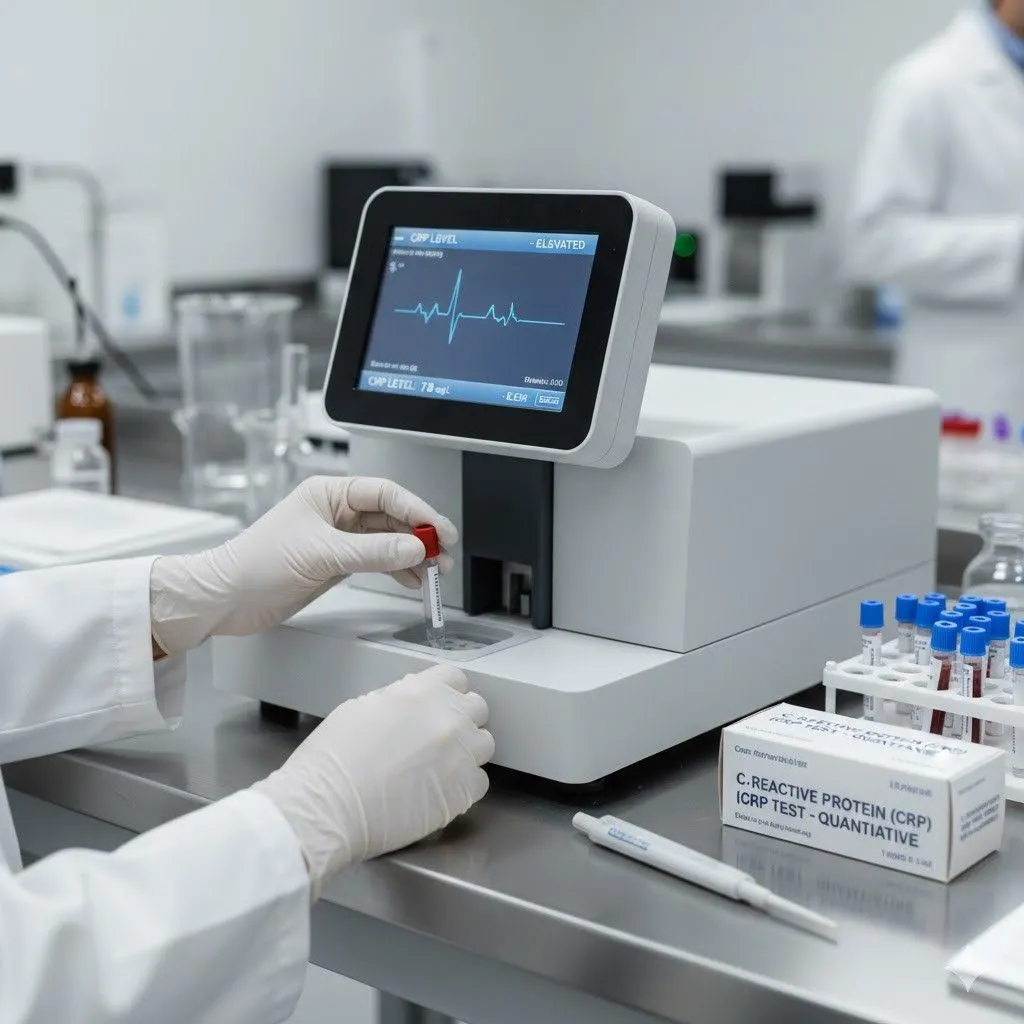- Dengue is spread via mosquitoes typically during the day time.
- Monsoon is the breeding season for mosquitoes. So the risk of dengue infection increases at this time.
- Flu-like symptoms make the infection difficult to diagnose.
Let Us Begin By Studying What Is Dengue?
Dengue fever is an infection caused by a virus. It is a mosquito-borne infection and is spread by the bite of mosquitoes. Dengue is most commonly seen in Southeast Asia, Pacific islands in the west, and recently in Latin America and the Caribbean. There are four serotypes of Dengue virus and any can cause infection. The virus can survive in mosquitoes, which is their natural host vector. This is the reason why its spread rises during monsoon.
Apart from the most common dengue infection, there are other severe forms. These are Dengue hemorrhagic fever and dengue shock syndrome.
How To Identify Dengue Signs And Symptoms?
Mostly, dengue infection has flu-like symptoms. A mild case of dengue fever may not manifest any symptoms, especially in children. However, symptoms, when they appear, begin between four and ten days after being bitten by an infected mosquito. You should never diagnose yourself with any illness. The opinion of practicing medical experts should be taken for diagnosis. Common dengue signs and symptoms include:- High Fever (up to 104 degrees F)
- Muscle, Joint and bone aches
- Headache, pain behind the eyes
- Skin Rashes
- Swollen Glands
- Nausea and Vomiting
What Are The Causes Of Dengue Infection?
Dengue virus is spread by the bite of mosquitoes. A particular type of mosquito called Aedes aegypti mosquito is responsible for dengue infection. There are four kinds of dengue viruses that cause this fever. It is passed on from one human to another through mosquito bites only. A mosquito bites an infected person and later bites another person spreading the infection.
The virus remains with an infected mosquito throughout its life. Related Read - Monsoon In India: Common Ailments And PreventionWhat Are The Dengue Treatment Options?
Unfortunately, there are no medications available with medical science yet to treat dengue. Patients with severe cases are hospitalized to stabilize body temperature and fluids. The patient is recommended the following:
- Prescribed medicines to alleviate pain
- Plenty of rest
- Oral or intravenous rehydration fluids (maintaining a proper balance of fluids is crucial) and blood transfusion for very severe cases
What Are Dengue Prevention Measures?
Since dengue cannot be cured, its prevention is of utmost importance. You are advised to practice the following prevention measures, especially during monsoon:- Wear full-sleeved clothes. Cover your body as much as you can so that the mosquitoes cannot bite you easily.
- Keep your surroundings clean.
- Do not let water accumulate in one place.
- Wear mosquito repellants.
Some Frequently Asked Question About Dengue
Which specialist should be consulted for dengue signs and symptoms?
Self-diagnosis is not recommended. If you are experiencing the dengue symptoms mentioned above, take expert advice. You should consult a general physician, who may then refer him/her to a doctor specializing in infectious diseases if dengue is suspected.
Which tests are done to diagnose dengue?
The diagnosis of dengue is done by experienced medical doctors. Mostly blood tests and other laboratory tests are run by the doctor to examine the body for viruses.
What are the known complications in the management of dengue?
A small number of cases do not show a decline of symptoms and go on to develop a severe form of dengue fever known as dengue hemorrhagic fever. If you have had dengue for the second time, your risk of developing the severe form increases. Severe dengue symptoms include:
- Disappearance of fever
- Intense abdominal pain
- Fatigue
- Bleeding through nose, stools, mouth
Another complication of dengue fever is Dengue Shock Syndrome. Symptoms for this syndrome are seen as a sudden drop in blood pressure (weak pulse, dry mouth, cold skin).
Is dengue contagious?
No. Dengue virus cannot transmit from one human to another on close contact. The carrier of this infection is mosquitoes. If a mosquito bites an infected person and then bites another person, the infection can spread.
Related Read - 8 Food Items To Help Recover From Dengue FasterIf you want to get checked by the Best Dengue Doctor in India, call us at +918010994994 for guidance by our in-house doctors.
Reviewed by







